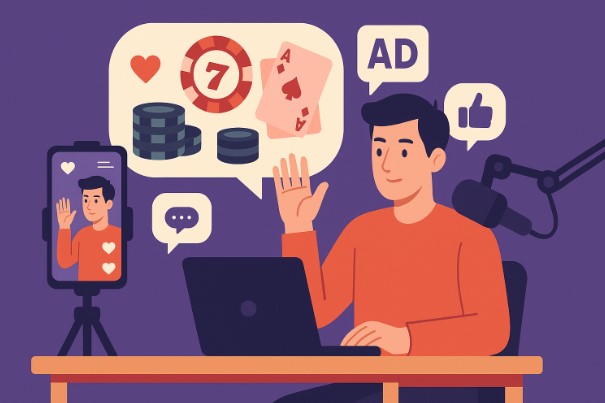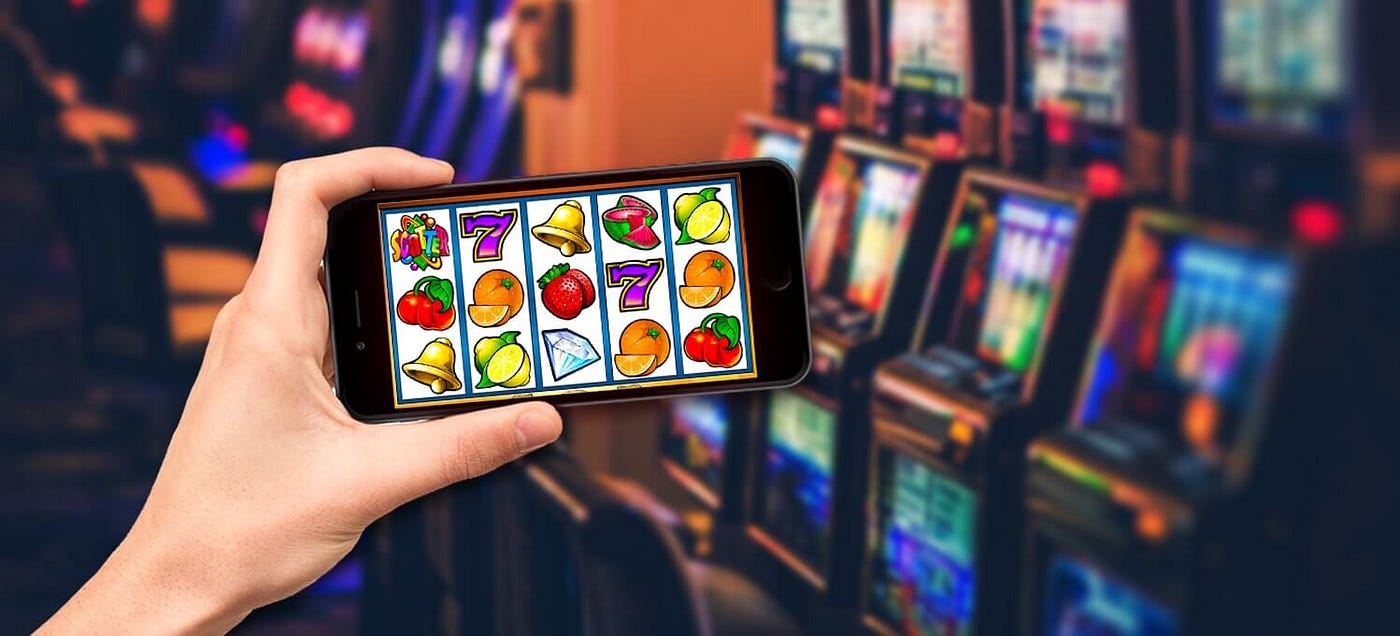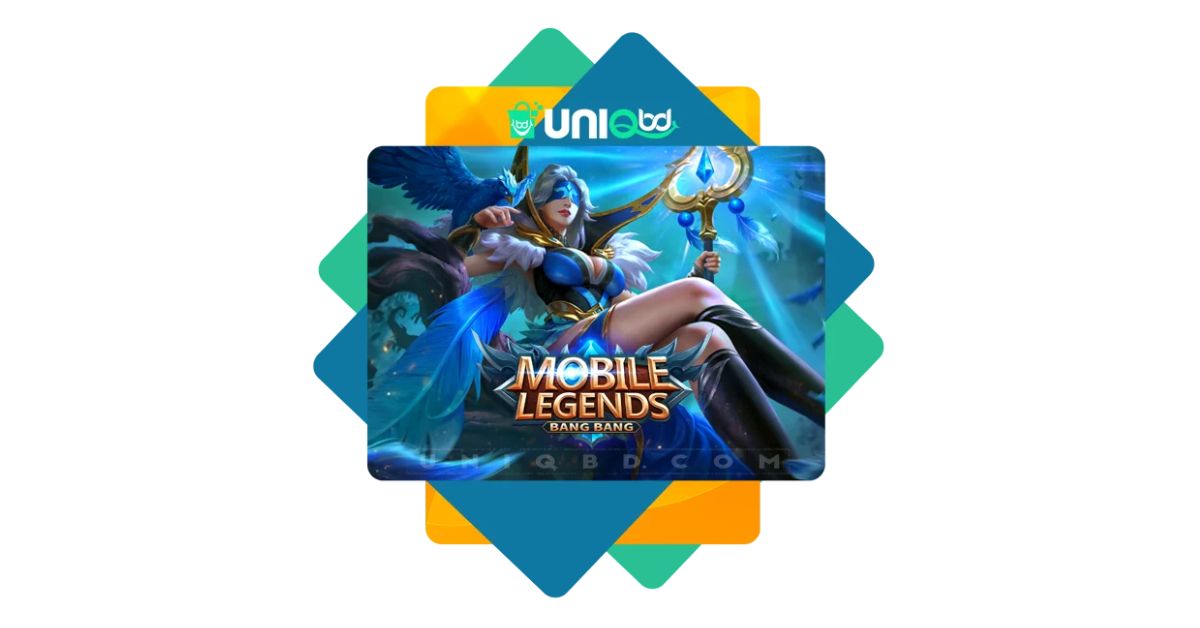Influencers are constantly searching for fresh ways to keep their audiences entertained. Fashion hauls, Q&A sessions, fitness challenges, and travel vlogs dominate feeds, but one category has quietly surged in popularity: online casinos. Whether it’s streaming slot sessions on Twitch, running giveaways tied to betting platforms, or sharing stories about big wins, casino content has found a niche in the influencer playbook.
Yet with this opportunity comes risk. Audiences are savvy, regulators are watching, and one wrong partnership can damage credibility overnight. The question isn’t just how influencers can use online casinos to grow engagement — it’s how to do so responsibly, authentically, and in ways that strengthen rather than weaken their personal brand.
Why Casinos Appeal to Influencers
Casinos and social media share a crucial trait: both thrive on excitement. A roulette spin or slot jackpot delivers instant drama, perfect for clipping into 30-second reels or streaming to thousands of live viewers. For influencers, casino content offers:
- High entertainment value: Fast-paced games and big reveals grab attention in crowded feeds.
- Relatability: Everyone understands the thrill of winning, even if they don’t gamble.
- Monetization potential: Affiliate partnerships and sponsorships can rival or surpass traditional brand deals.
- Community interaction: Giveaways or prediction games (“Guess the next spin outcome”) turn passive followers into active participants.
In an era where audiences demand constant novelty, online casinos provide content that is both dynamic and highly monetizable.
The Credibility Trap
But here’s the catch: audiences can smell insincerity. If a creator suddenly pivots from lifestyle content to pushing casino links with no transparency, trust erodes fast. The influencer economy is built on authenticity — followers must believe that endorsements are genuine, not cash grabs.
The credibility trap often takes three forms:
- Promoting unverified platforms: Working with casinos that delay withdrawals or lack proper licensing.
- Overhyping wins: Sharing only the highlights while ignoring the losses.
- Hiding sponsorships: Failing to disclose paid partnerships or free credits.
Each of these missteps risks backlash, not only from followers but also from regulators. In the U.S., the FTC has made disclosure rules clear: if money or perks are exchanged, it must be labeled as an ad.
Best Practices for Influencers in Casino Content
So, how can influencers navigate this space without losing credibility? A few key principles make all the difference:
1. Transparency Above All
Audiences respect honesty. Label sponsored streams clearly, explain when credits are provided by a casino, and share both wins and losses. Nothing kills engagement faster than the suspicion that the game is rigged or the influencer is hiding the truth.
2. Choose Platforms Carefully
Just as fashion influencers are selective about which brands they showcase, casino influencers need to vet platforms. Factors like licensing, payout speed, and reputation matter. Trusted directories such as casinowhizz.com exist for this very reason — helping creators and players alike identify which casinos are reliable and which should be avoided.
3. Focus on Entertainment, Not Pressure
Casino content should feel like entertainment, not recruitment. The most successful streamers build narratives — the tension of a bonus round, the thrill of a near miss — rather than aggressive calls to sign up. The difference is subtle but crucial.
4. Engage the Community
Gamification keeps followers hooked. Polls (“Should I cash out or keep spinning?”), live chats during streams, and small giveaways tied to casino content keep the focus on community interaction rather than pure promotion.
5. Understand the Legal Landscape
Not every country, or even every U.S. state, allows online casinos. Smart influencers protect themselves by knowing local laws and ensuring promotions are targeted only to eligible audiences. Ignoring this can trigger platform bans or worse, legal action.
Case Study: Twitch Casino Streamers
Casino streaming on Twitch and Kick illustrates both the potential and pitfalls of this niche. Some streamers have exploded in popularity by wagering millions of dollars live on air. Viewers tune in not just for the money, but for the personalities, the suspense, and the feeling of being part of the action.
At the same time, the sector has faced criticism for its lack of transparency, especially when influencers gamble with house-provided funds rather than their own. The lesson? Audiences value authenticity above spectacle. Whales who win big are compelling — but creators who admit to losses and explain the risks often build longer-lasting trust.
Why Followers Actually Like Casino Content
Despite the risks, followers flock to gambling content for the same reason they enjoy unboxing videos or sports highlights: it’s about shared anticipation. The dopamine rush of seeing someone else win mirrors the excitement of playing. Even non-gamblers can appreciate the drama of a jackpot reveal or the humor of a bad beat.
The best influencers harness this entertainment factor while anchoring it in honesty. They make casino content a chapter in their brand story, not a desperate side hustle.
The Bottom Line
Online casinos present influencers with a unique growth opportunity, but also a credibility minefield. The difference between gaining followers and losing them comes down to transparency, platform choice, and the ability to balance entertainment with responsibility.
For influencers considering casino collaborations, the golden rule is simple: treat it as you would any other brand partnership. Vet the platform, disclose the relationship, and protect your audience’s trust. After all, in the world of influencing, credibility is the currency.
And when it comes to choosing which casinos to work with or feature, resources like casinowhizz we mentioned earlier provide a valuable checkpoint. They cut through the noise, spotlighting platforms that deliver on their promises. For influencers who want to keep their audience engaged without compromising integrity, that kind of due diligence is non-negotiable.







